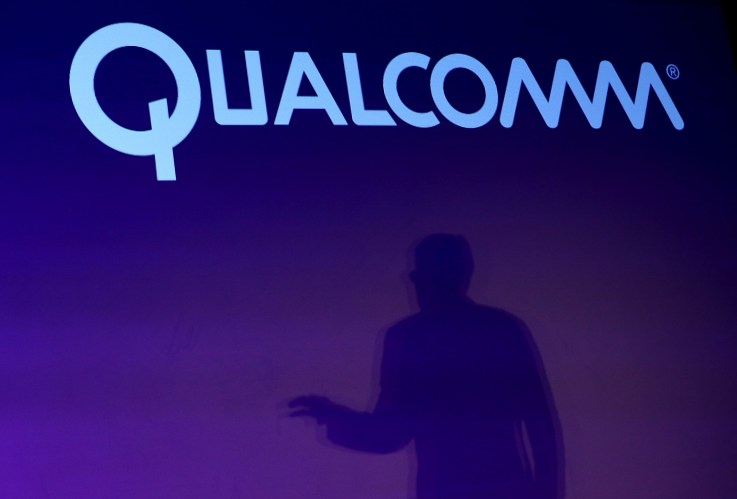There’s a shakeup on Qualcomm’s board amid Broadcom’s hostile takeover attempts

Now, Qualcomm is saying its executive chairman, Dr. Paul E. Jacobs, will no longer serve as executive chairman for the company’s board of directors. He’s going to remain a director, but with all that’s happened related to its dispute with Apple, its attempts to wave off Broadcom, and also its efforts to get through its acquisition of NXP as quickly as possible, it would make sense for at least some move for the chairman to show shareholders that they are aware of the issues and are looking to change things up.
The company said it is discontinuing the role of executive chairman, and also naming a new independent director Jeffrey Henderson who will serve as the non-executive chairman. It’s a lot of weird semantics here, but the end result is that the board is bringing on someone independent as a kind of signal to shareholders that they are ready to make some changes in light of the issues the company has dealt with and Broadcom’s tender offer to buy it.
You might recall some of this happening recently with Uber, where pending the massive investment with Softbank, the company assembled what my colleague referred to as a “Frankenboard.” As Uber CEO Travis Kalanick was on his way out and the company was trying to get fresh funding from Softbank, the board got a lot of new independent directors as it tried to establish some sense appeasement its existing shareholders.
Qualcomm delayed its annual shareholder meeting, which was set to take place Tuesday this week where investors would meet and Broadcom would be making an aggressive stand to work around the company’s existing management in order to acquire it. Throughout the weeks leading up to it, the companies have basically been duking it out of PR statements on their investor relations pages (though this is what we see on the outside), and may now see the need to find some way to appeal directly to the company’s shareholders ahead of the meeting now scheduled to take place in around a month. Qualcomm delayed the meeting pending a regulatory review by the CFIUS, but it still has been part of an ongoing saga.
source:TechCrunch


 The storied 911 will not be immune from Porsche’s electrification plans and that could be a good thing. The car company’s CEO recently told
The storied 911 will not be immune from Porsche’s electrification plans and that could be a good thing. The car company’s CEO recently told 


